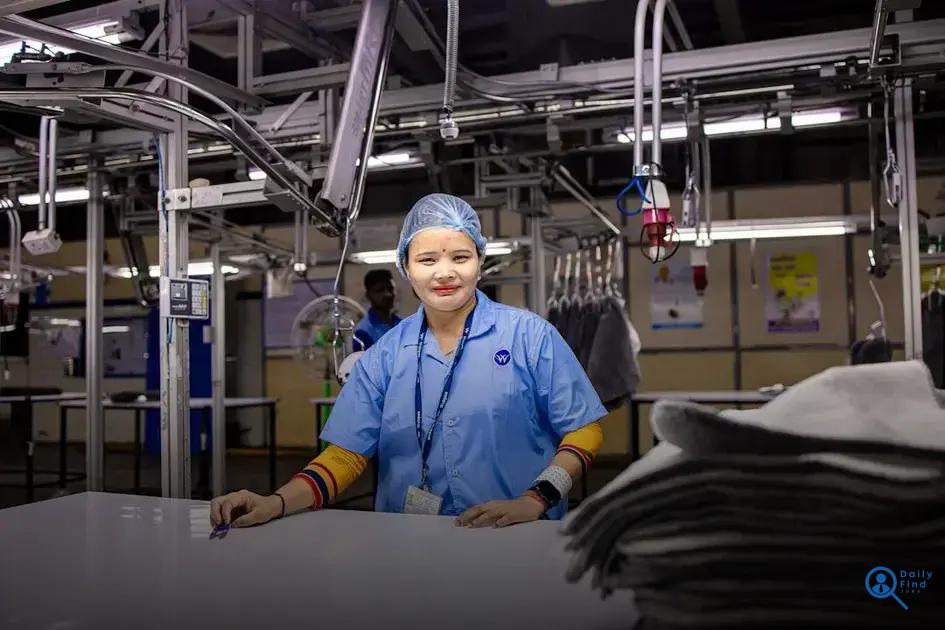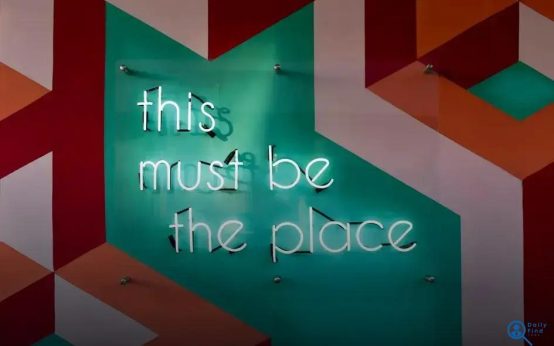Heading into a job interview confident and prepared can make all the difference. To leave a lasting impression, it’s crucial to ask insightful questions to your interviewer. This not only demonstrates your genuine interest in the role but also your strategic thinking and awareness. Delving into topics such as company culture, future opportunities, and professional development can unveil much about the organization and help you decide if it’s the right fit for you.
Understanding Company Culture
When discussing company culture during an interview, it’s important to gauge if the environment aligns with your values and working style. This can be revealed by asking thoughtful questions that focus on everyday interactions and work-life balance. Consider asking, “What attributes do successful team members share here?” This will give you insights into the behaviors and attitudes valued by the company.
Another approach is to inquire about how the company’s values are actualized in daily operations. Ask, “Can you give examples of how the company’s core values are represented in the work done by the team?” Listen attentively as the response can highlight whether the company’s stated values align with its actions.
In addition, learning about how the firm supports and celebrates achievements can further illustrate its culture. You might pose the question, “How does the company recognize individual and team accomplishments?” The answer will provide clarity on the company’s approach to employee recognition and motivation.
Understanding the company culture is crucial as it can significantly impact your job satisfaction and performance. By asking the right questions, you can evaluate if the organization’s environment will support your professional and personal growth.
Future Opportunities and Growth
When discussing future opportunities and growth, it’s essential to gauge how the company supports employees’ career advancement. This will help you understand if their vision aligns with your career aspirations. Ask about potential career paths or how previous employees in the role have progressed within the company. Consider inquiring about upcoming projects or goals that might provide opportunities for skill development or advancement. Furthermore, explore how the company handles promotions and what criteria they use for evaluating employee growth. Understanding if the company invests in its workforce can also be crucial, so ask whether they provide mentorship programs or cross-training opportunities. This information will give you a clearer picture of how you might evolve in your role and what support you’ll have along the way.
Team Dynamics and Collaboration
Inquiring about team dynamics during an interview can provide valuable insights. Use questions to explore how collaboration is fostered within the team. For example, ask, “How does the team tackle projects together?” or “What role does collaboration play in everyday work?” These inquiries show your interest in teamwork and your proactive approach to working well with others.
Delve into how the company ensures effective teamwork. You might ask, “Can you describe a recent team project and how everyone contributed?” This not only displays your curiosity about the work environment but also your understanding of the importance of diverse roles and contributions.
Another angle to consider is how conflicts are resolved within teams. Asking, “What steps are taken when there are disagreements?” highlights your awareness of potential challenges and your keenness to maintain productivity and harmony.
Exploring how team communication is maintained is also crucial. Consider asking, “What tools and methods does the team use for communication?” This reflects your adaptability to new environments and your readiness to integrate into existing communication structures seamlessly.
Finally, ask about opportunities for team interaction outside regular work tasks, such as team-building activities or social events. Inquiries like these demonstrate that you value connections beyond professional obligations.
Challenging Aspects of the Role
When embarking on a new role, especially after a successful interview, it’s crucial to understand its challenging aspects. These challenges often dictate how well you adapt and thrive in your position. By asking targeted questions, you not only demonstrate foresight but also prepare yourself for upcoming hurdles.
A prime question to consider is, “What are the biggest challenges someone in this role would face, and how have team members overcome these in the past?” This question shows your willingness to plan proactively. Understanding these obstacles enables you to determine whether your skills align with the demands of the position. Additionally, it gives you an insight into how the company supports its employees in problem-solving scenarios.
Moreover, inquire about adjustments the company has made to meet these challenges. Ask, “Can you share any changes or strategies the company implemented to make these challenges more manageable?” This not only highlights your strategic thinking but also helps gauge the company’s flexibility and innovation when addressing role-specific difficulties.
Lastly, gaining insight into how your potential managers handle these challenges can be illuminating. You might ask, “How does management provide guidance when team members encounter obstacles related to this role?” This shows your interest in leadership dynamics and how they impact your performance. By identifying these challenging aspects ahead of time, you are better prepared to succeed and contribute meaningfully to the organization.
Support for Professional Development
When thinking about the questions you might ask an interviewer, don’t forget to inquire about support for professional development. This shows your commitment to not only growing in your role but also enhancing your skills for the benefit of the company.
Ask about the types of training programs they offer. Does the company provide workshops or seminars? Are there any opportunities to attend conferences? This suggests you are proactive about staying updated with industry trends.
Explore if they have mentorship programs in place. Mentorship can be immensely beneficial, as it allows you to learn from experienced professionals. Ask about how mentors are chosen and how often you would meet them.
You might also want to ask how performance is evaluated and connected to development opportunities. Understanding the company’s approach to performance reviews and how they tie into advancement can provide insight into the support system in place for employee growth.
Another good question is about the company’s policy on continuing education and whether they offer any type of tuition reimbursement for courses or certifications relevant to your field. This shows your desire for lifelong learning.


 Work-Life Balance: Why It Matters More Than Ever Today
Work-Life Balance: Why It Matters More Than Ever Today  How to Deal With a Toxic Work Environment Easily
How to Deal With a Toxic Work Environment Easily  The Best Certifications to Boost Your Resume: Top Picks Revealed
The Best Certifications to Boost Your Resume: Top Picks Revealed